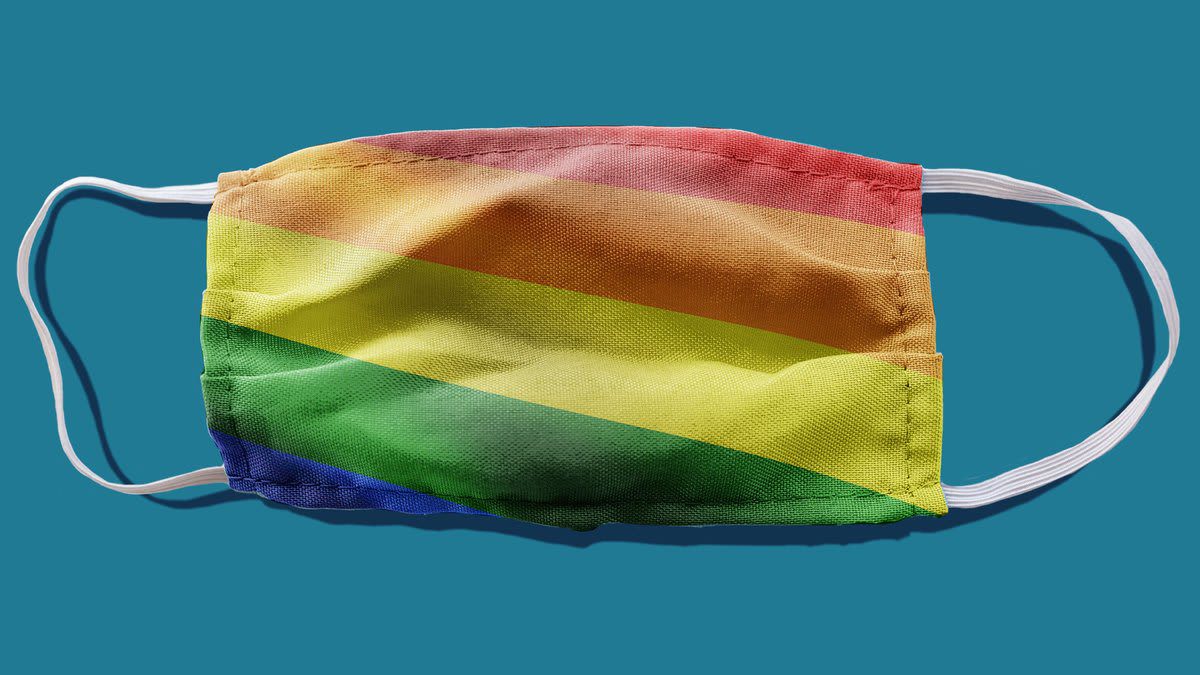Throughout the month of April, executives in Colombia, Panama and Peru have each enacted gender-based restrictions in attempt to prevent the spread of the novel coronavirus. These rules state that women can leave their homes on certain days of the week, and men can leave their homes on other days. According to the nations’ leaders, implementing the gendered days limits the amount of people interacting in public spaces each day. However, an enforced binary carries harsh effects for transgender and gender non-conforming individuals.
Activists for transgender rights called out the discriminatory power placed in the hands of police officers enforcing the regulations. Though Peruvian President Martín Vizcarra and Bogotá, Colombian Mayor Claudio López included clauses requiring law enforcement to respect the gender identities of transgender residents, several transgender women have faced harassment and assault due to the restrictions. As Bogotá-based transgender rights activist group GAAT expressed, the gendered days open “the door to situations of discrimination and police abuses.”
The repercussions for transgender populations due to the regulation have already come to light. The human rights advocacy organization Human Rights Watch issued a letter to Panamanian President Laurentino Cortizo Cohen detailing the accounts of twelve transgender people of discrimination they experienced while leaving the house to purchase essential goods.
In Panama, officers enforce the rule by checking national identification cards. However, Panama’s strict legal gender change process restricts its transgender population’s access to identification matching their gender identity. On multiple occasions transgender women in the country faced arrests and fines because their ID gender markers and gender presentation did not match. These individuals’ stories represent the harassment and alienation faced by transgender communities across the three nations during gender segregation.
Unlike Bogotá and Panama, Peru repealed its gender restriction only a few days after announcing it, acknowledging the potential trauma the rule could cause its transgender residents. Leaders also found the rule ineffective at dispersing foot traffic: “women are typically tasked with more domestic work than men, which forced them to gather in large groups on their designated days.” President Vizcarra replaced the gendered restriction with a gender-neutral one, instead granting one person in each household the ability to go outside and purchase necessities.
Colombian, Panamanian and Peruvian transgender communities lack representation in higher-level government, leading to officials passing restrictions like this one without their input. Transgender elected officials carry the power to advocate for trans individuals across the nation and help ensure their safety and protection. Victory Institute works internationally to train LGBTQ activists interested in running for office on campaign tactics, running as openly LGBTQ, and networking to secure the representation for the community in each nation’s government. This week, Victory Institute Vice President Ruben Gonzales spoke live on Facebook with Peruvian Congressman Alberto de Belaunde on the now-repealed gender restriction and other LGBTQ issues in Peru. The conversation was held in English.

